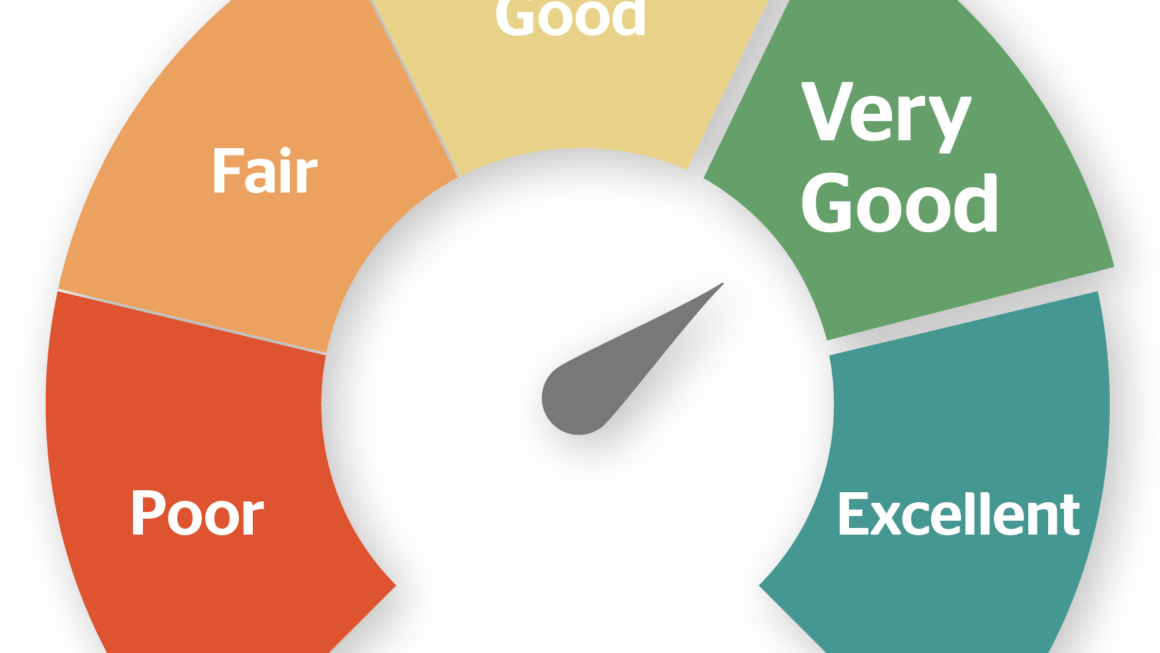Financial evaluation is the first step to checking your home loan eligibility. Banks consider various elements to determine if you can afford and return a loan on time. Your age, salary, credit scores, and the sort of loan you are looking for are just a few factors to consider.
Based on these factors, the bank decides how much home loan can i get. You may be able to lessen the interest you pay on your home loan by taking advantage of certain factors. Let’s break down these requirements and see how they stack up.
Important Eligibility factors
○ Age
The banks also consider your age when determining whether or not you are eligible for a home loan. In most cases, financial institutions require that you are at least 21 years old to apply for a loan. Also, your age at the last EMI payment shouldn’t be older than 65. If you apply for a home loan when you are younger, specifically in your twenties or thirties, you have a better chance of having it approved.
The reason is that by this age, you should have a stable job and be able to pay back a significant, long-term loan like a Home Loan. When you make a loan application in your twenties or thirties, you still have several years of a meaningful job ahead of you at that point in your life. You would receive a regular income, enabling you to keep up with the timely repayment of your EMIs.
Presume you are in your 40s and you apply for a loan. In that case, you may be able to make a larger initial payment or a higher monthly instalment payment amount. You must first determine what options are available to you and then apply for the loan in a way that considers those options.
○ Salary/Income
The amount of money you make is the bank’s primary factor when determining how much home loan you can get. To qualify for this loan, you should be able to offer credible evidence demonstrating the amount of money you already make. You could be an employee who receives a salary, a self-employed professional, or the owner of a firm or practice such as a lawyer, doctor, chartered accountant, etc.
It doesn’t matter which age group you fit into as long as you demonstrate that you have a consistent source of income. If you satisfy the other criteria, banks will consider your application for a Home Loan. When deciding whether or not to grant you a home loan, the bank takes into account more than just your income and age. The factors they consider are as follows:
○ Additional Debts
Suppose you happen to have any additional or existing debts to your name. In that case, this is yet another significant aspect that could potentially affect your eligibility for a Home Loan.
Before a bank or financial institution issues a loan, they refer to the central database maintained by the CIBIL or Credit Information Bureau of India. It will provide extensive information about the applicant’s loans and liabilities. It is essential to pay all past debts, including those on credit cards, to qualify for a Home Loan.
○ Loan Tenure
When qualifying for a Home Loan, the longer the loan term, the better. Your monthly instalments will be lower with a longer loan tenure, making it much simpler to keep up with your payments. The majority of financial institutions find this to be an appealing proposal. If you want a loan with a longer term, you should know that the interest rate will also be more significant.
How to Enhance Your Likelihoods of Getting a Home Loan
Now that you know all that goes into determining whether or not you are eligible for a home loan. Below are a few crucial tips that will help you become more qualified for a home loan:
○ Pay off Any Outstanding Debts
Before applying for a Home Loan, ensure that all of your previous loans and bills have been settled. It will improve your credit history and score, greatly increasing your chances of being eligible for a home loan. Showing the bank that they can trust you to pay back debts improves your chances of being approved for new loans or any home loan transfer process.
○ Choose a Home Loan with a Longer Repayment Term
Your eligibility for a Home Loan increases as the length of your loan term increases. If you extend the size of your loan, you will be able to make more manageable monthly payments. It gives the bank confidence that you can keep your employees and make your EMI payments regularly for your loan’s term.
○ Put in a Joint Application with a Co-applicant
When you apply for a Home Loan with another person, the bank will consider the combined income of all applicants. In addition, it simultaneously examines the applicants’ credit histories and previous repayment patterns.
Conclusion
A home loan is an excellent approach to getting the remaining funds necessary to purchase a future home. Looking at many home loan possibilities before committing to one would be best. It’s essential to read the terms and know the eligibility before agreeing to any loan, no matter how attractive the interest rate or repayment schedule may seem.



